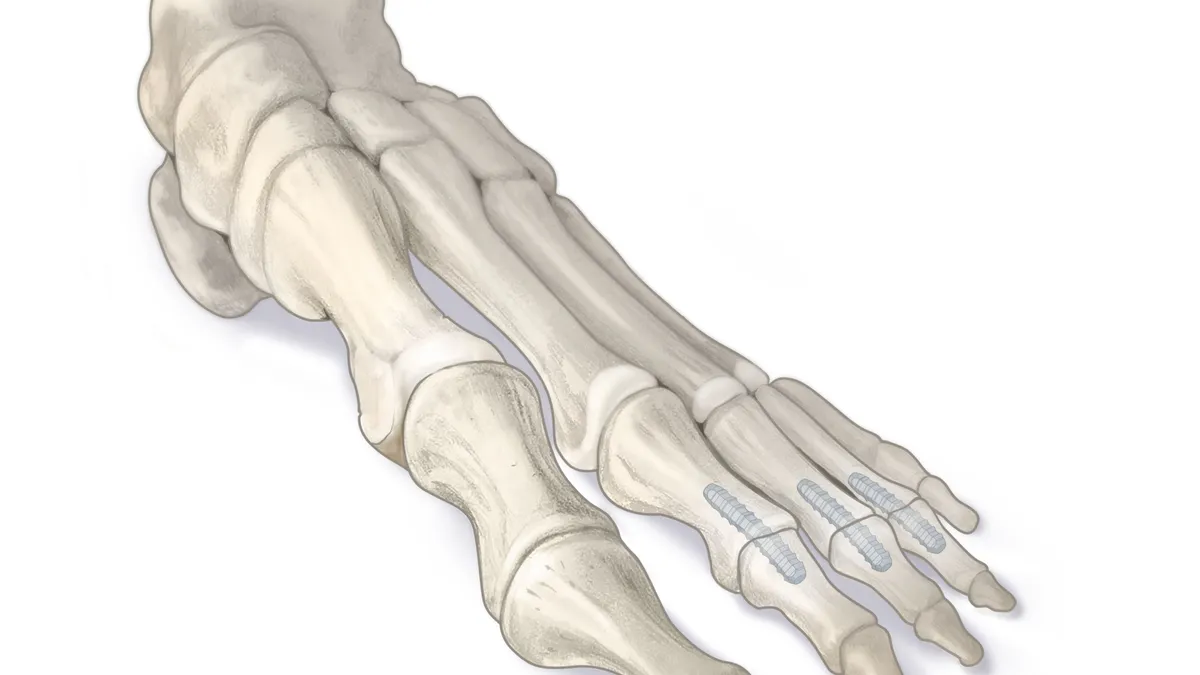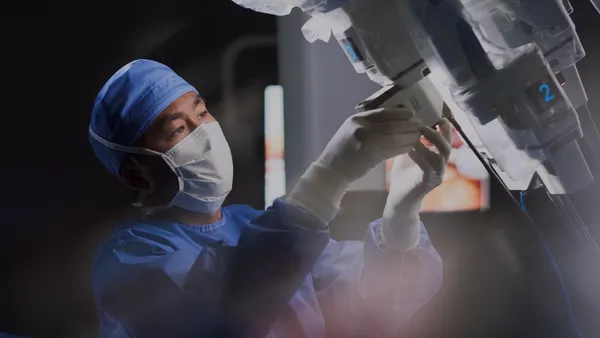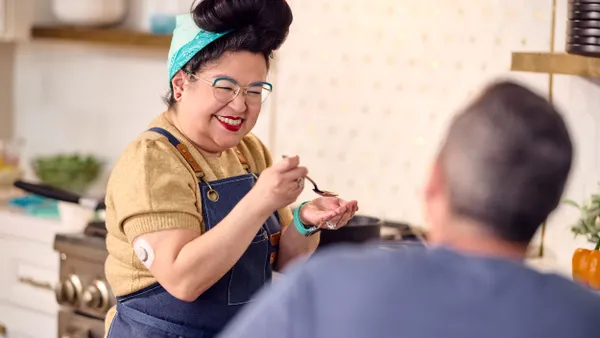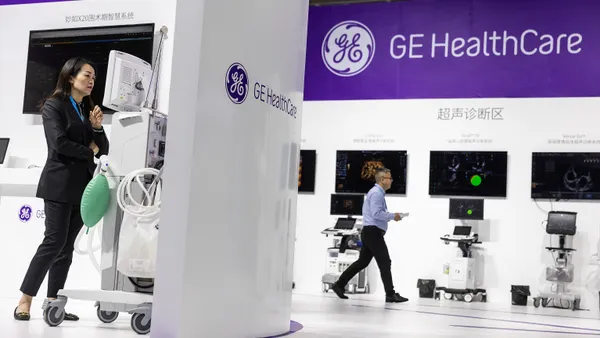Dive Brief:
- Analysts at RBC Capital Markets said the challenges facing Wright Medical Group’s Cartiva business will take time to fix, after speaking with surgeons at the recent American Orthopaedic Foot and Ankle Society meeting in Chicago.
- The analysts, in a research note, said foot and ankle surgeons they spoke with at the meeting indicated they had not achieved results on par with those seen in the company’s clinical trial.
- The update follows an RBC report in July that suggested surgeons were implanting fewer of the synthetic cartilage treatments for arthritic toes, triggering a sell-off in the company’s shares at the time. Wright Medical has defended the device and released additional data to support it.
Dive Insight:
Wright Medical acquired Cartiva in October for $435 million. The technology offers an alternative to fusion surgery to relieve pain and improve foot function in patients with osteoarthritis of the big toe.
On the company’s earnings call in August, Wright Medical CEO Robert Palmisano dismissed the RBC report, instead blaming problems with distributors for disappointing sales of the device in the second quarter. The company has now dropped all but one distributor in favor of expanding its direct sales force, the CEO said.
RBC analysts believe it will take time for the new sales representatives to ramp up business, but maintain the bigger challenge is that foot and ankle surgeons are less positive about the toe implant than they were a year ago. Distributors also pointed to reduced surgeon demand for the devices, the analysts said in their latest report.
The RBC analysts examined the latest study data available on the device, noting that in one retrospective review of 54 patients, Cartiva implant survival at one year was 98%, and patient functional and pain scores improved significantly, but global mental scores did not. A separate study of the device in 66 patients showed an 89% patient satisfaction rate and improved post-operative scores, but one-third of patients developed stiffness that required manipulation under anesthesia. And a radiographic analysis of 79 implants showed a 9% decrease in visible joint space six months after the procedure, compared to a 100% increase at 2 weeks.
Cartiva troubles aside, RBC said Wright Medical’s product portfolio in extremities is "best in class" and forecast organic sales growth in the low double digits — above orthopaedic industry peers — led by expansion of the total ankle market and new shoulder system launches. Wright Medical’s competitors include Johnson & Johnson, Zimmer Biomet and Stryker, among others.











